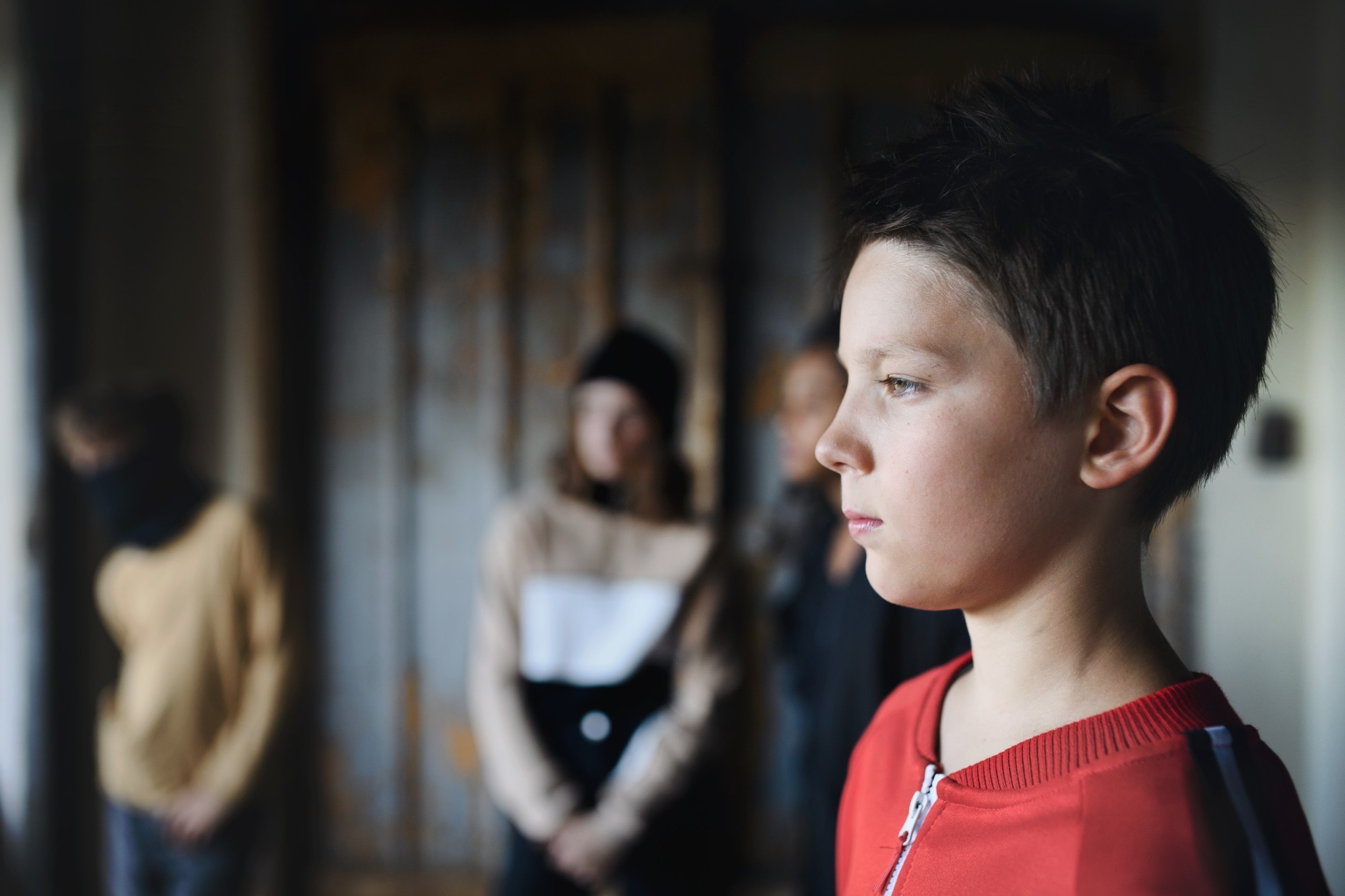Through life, we all experience ups and downs with our emotions which happen as we learn to respond to different situations. When you reach adolescence (age 10 to 19 years), there are many changes to deal with including physical changes to your body, the start of different relationships and friendships, and new challenges at school.
You might experience a wider range of emotions throughout adolescence, and you will most likely find ways to regulate them.
For some children and young people, regulating these emotions can be difficult and people might call this ‘emotional dysregulation’. This means you might find it more difficult to:
- be aware of your emotions.
- accept and tolerate unpleasant emotions.
- identify specific emotions you are feeling, and tell the difference between them.
- recognise and understand patterns in your emotional reactions.
- manage emotional reactions in ways that work well in the long-term.
With emotional dysregulation, you might notice your emotions go from 0 to 100 very quickly. This can feel overwhelming and intense, sometimes leading to impulsive behaviours.


